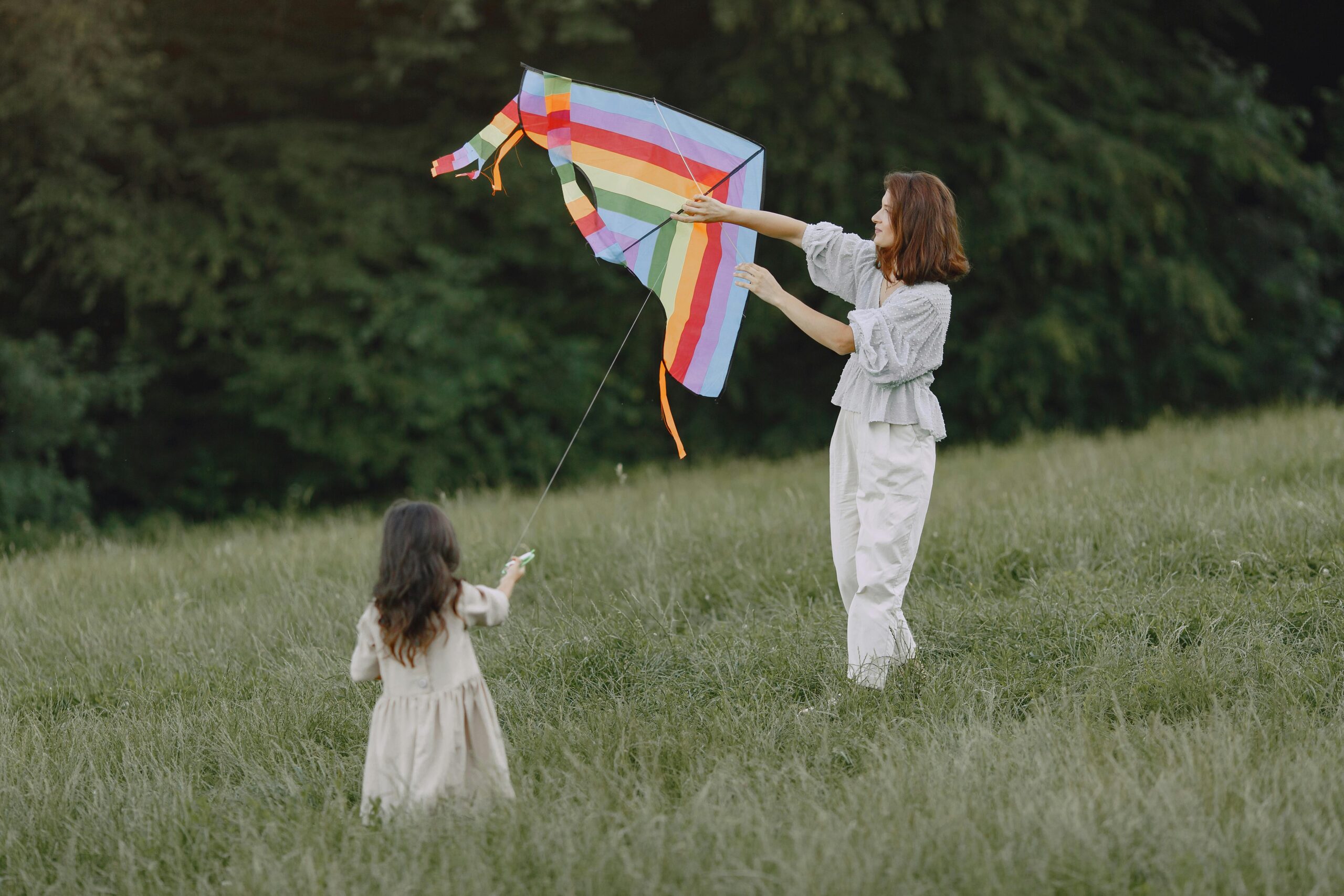What is Love
What is love?

“ When love beckons to you, follow him, though his ways are hard and steep.”
Khalil Gibran“Your task is not to seek for love, but merely to seek and find all the barriers within yourself that you have built against it.”
Rumi
What is love?
Love is the most energising, incredible, joyous experience. It is so powerful that many philosophers and religions describe it as the purpose of life, and the peak of the experience of being alive.
It’s worth spending time thinking about love, defining it for ourselves, learning its behaviours, giving it time, and giving it energy.
Like exercise or healthy eating, being able to love truly and openly requires research, self-reflection and intentional effort.
We all deserve to experience love
We deserve to experience love in most of the relationships that exist in our lives including with family, friends, romantic partners, and our children.
Open, secure love gives us the safety and confidence to live authentic, enjoyable, full lives.
Isn’t being able to “love” automatic? Why do we need to think about it?
Many people from refugee communities have not experienced love in their own childhoods – whether that’s due to living under threat of death every day, or their parents being in a “fight-flight” response due to trauma, living in limbo in refugee camps, and living through active war. For those who want to know love, we need to work on learning that in this generation.
Further to the above, this experience is not unique to the refugee community. Many people have lacked love in their own childhoods due to intergenerational trauma, emotionally unavailable parents, financial hardship, boarding schools, substance abuse, colonisation, parental loss and other factors.
This generation of parents is committing to breaking this cycle: committing to filling the next generation’s lives with safe, open, unconditional love.
We, our partners, our children and all our loved ones deserve pure, unconditional, authentic love. We deserve to do this important work so that we can enjoy love every single day.
Definitions of love

Rumi, the famous Persian Poet, talks about love as the purpose of life. He also writes about how the energy of love will guide us to doing right and living a meaningful life.
Khalil Gibran, Chinese Mohist Philosophers, Carl Jung, modern researchers and others all affirm the centrality of love to the human experience.
Perhaps the clearest definition comes from Brene Brown. Brené Brown defines love as a process that requires constant attention that involves allowing ourselves to be fully seen, and fully seeing another person. Brown asserts that it always involves positive behaviours like safety and respect, and that our self love sets the limit for how much we can love others.
At Rahma, we use this image: love is like a garden. Good gardeners spend their whole lifetimes learning about how to garden, and there is always something new to discover. They enjoy the process itself and know that there will never be a permanent outcome – that new work will be required every season. They spend time removing the weeds and attending to the plants. Many of us ignore our gardens and expect them to grow on their own. However, with work and intention, our hearts can be happier and our gardens will thrive. Just like you can’t expect a garden of pomegranate trees and palm trees and citrus trees to spontaneously grow on its own in a dry patch of land, love needs work to thrive. However, once love thrives, it will fill our hearts and bodies with the most blissful joy.
